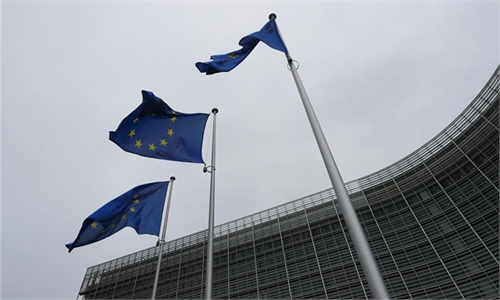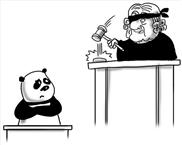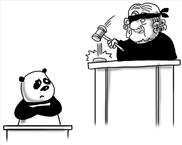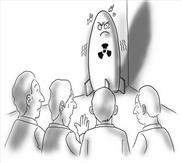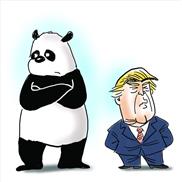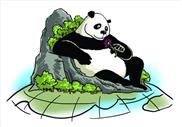A strong EU can mutually benefit China: German scholar
If the European Union succeeds in presenting itself as a strong political and economic force on the world stage, that will also be good for China, because it can profit from Europe not only as an export market, but also as a reliable and predictable player in international politics.
EU split on China as Beijing-Washington conflict worsens
China and the EU are strategic partners, whose consensus outweighs their divergence. The bilateral ties impact not only the two sides, but also global governance. Instead of being negatively influenced by their differences, Beijing and Brussels should maintain their friendly relationship and promote their coordination.
Arbitral Tribunal unfairly biased against Beijing
In late October, 2015, the UN Convention of the Law of the Sea (UNCLOS) Tribunal issued the Award on Jurisdiction and Admissibility in the Philippines-China arbitration case. The panel of five judges unanimously ruled that among the 15 specific submissions for redress presented by Manila, the Tribunal does have jurisdiction with respect to the matter raised in seven of the submissions, and the jurisdiction over the remaining eight submissions will be determined together with merits.
Is denouncing UNCLOS a good option for China?
The Chinese government should make clear its commitment to international obligations under international law to the world community. I believe that the stance of the Chinese government will remain unchanged and unaffected.
Consensus needed to impose pressure on Pyongyang
After North Korea conducted the fourth nuclear test and satellite launch earlier this year, the UN Security Council adopted in March the Resolution 2270 that imposed the toughest ever sanctions on Pyongyang.
Effective enforcement decides sanctions result
Tensions are rising in Northeast Asia in the wake of North Korea's provocations, including the fourth nuclear test and satellite launch.
Trump's closed US would overshadow China's future
The distrust of a significant part of the US public for a deeper-connected world may be translated into concrete policies.
Candidates will embrace pragmatism over populism
Pragmatism will eventually get the best of populism, and will be maintained in the US policy.
Graft, not 'foreign forces,' is real danger to China's future
A core issue I want to emphasize is that China should first properly manage its domestic affairs such as the anti-corruption drive, reform and opening-up and the socialist path.
Nation must strip peaceful evolution away from socialism
In a truly socialist country, people are able to enjoy the outcomes of development and hence embrace the government. The West can only resort to instigating revolts through peaceful evolution. Although many people now refuse to talk about peaceful evolution, its prevention remains critical to socialist countries as otherwise the color revolution won't be warded off. It deserves attention.
Tokyo and Beijing need to draw back from reactive circle
Both Tokyo and Beijing would benefit from avoiding a cycle of action-reaction in their respective defense planning. The challenge is how to define a new type of major power relationship between Tokyo and Beijing.
Japan steering dangerous course toward militarism
It seems that the only choice left for Japan is to correctly understand the current developments and correct its mistakes. It is not too late to get back on the right track.
China can do little to put out the Kremlin's economic fires
There has been much debate on whether China should offer help to Russia, which has been beset by economic difficulties.
Mutual aid may help support Russia through ruble crisis
The recent plunge of the Russian ruble came as a result of multiple combined factors.
Chinese investments not cause of poor governance in Southeast Asia
As for the construction of a legal system, China has accumulated rich experiences from its three decades of reform and opening-up. These experiences better apply to developing countries than the rules set by the West.
Poor end up paying for Laos' construction wave
The That Luang Lake development leads the white elephant herd. But in Laos, it, like other similar developments, will go ahead, having backing from government elites. One wonders when they fail, who will foot the bill?
Wine riposte to Europe first move in judicious response
The “win-win” model is good, but not always feasible. In the case of serous frustrations, a “lose-lose” model can be easily mentioned. But “lose-lose” can be used only as a threat, hopefully not put into practice.
Greater influence takes more subtle forms in modern day
Chinese President Xi Jinping is visiting the US at the moment. One of the missions of leaders on both sides is to assure the world that they can find ways to coexist peacefully and to cooperate to build a better world together. Their efforts deserve the blessing of all peace-loving people.
